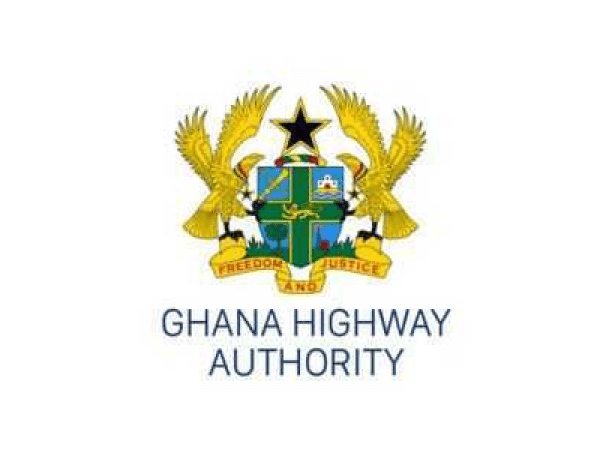Justin Amenuvor, counsel for the Electoral Commission (EC), has requested the High Court to issue orders allowing the EC to complete the collation process at the disputed collation centers.
He argued that failure to grant the request would set a dangerous precedent, allowing unauthorized individuals to disrupt the collation process, undermining the integrity of the election.
“If this court does not make the appropriate orders for the EC to complete its work in the presence of a limited number of individuals as outlined in Constitutional Instrument (C.I 127), a dangerous precedent will be set where unauthorized persons can interfere with the process,” Amenuvor stated.

The application follows claims from the New Patriotic Party (NPP) regarding alleged intimidation and irregularities in the collation of results in the Tema Central Constituency. Lawyers for the NPP argued that the declaration of Ebi Bright by a person other than the EC’s designated returning officer, Mr. Kwesi Brobbey, made the collation incomplete.
Gary Nimako Marfo, representing the NPP, presented a video in court showing a person identified as Mr. John Nunoo holding an A4 sheet, allegedly making the declaration instead of the official returning officer. The NPP now seeks a court order compelling the EC to finalize the collation process and declare the legitimate winner of the election.
In the video, Malik Basintale, Deputy National Communications Officer of the NDC, was heard stating, “Our issue is not with the police, our issue is with the EC Officer. We will bring him out to declare Ebi Bright, whether he likes it or not he will declare the results here, and if the NPP does not like it, they can go to court.”
Marfo said, “If the position canvassed in the affidavit in opposition of the interested parties is made to stand it will be a very dangerous recipe in this country. All it will mean is that without the full complement of votes from all polling stations, anybody at all can just mass up at the collation centre to purport to make a declaration, which duty rests with authorised and determined officers of the EC to be done in a prescribed manner according to law.”
“Collation without incorporating the entire polling station votes, can never be called collation in the eyes of the law but what it seeks to do is that persons who have gone to cast their ballot are being disenfranchised,” he said.























































![[FREE FREE MONEY] Predict and Win a Guaranteed GH¢200 From Us EVERY WEEK](https://wordpress.ghanatalksradio.com/wp-content/uploads/2022/02/Predict-and-Win-Final-09-03-2021-218x150.jpg)
![[Predict & Win – 8th/Oct.] WIN A Guaranteed ¢200 From Us This Week](https://wordpress.ghanatalksradio.com/wp-content/uploads/2021/10/maxresdefault-16-218x150.jpg)
![[Predict & Win – 2nd] WIN A Guaranteed ¢200 From Us This Week](https://wordpress.ghanatalksradio.com/wp-content/uploads/2021/09/maxresdefault-50-218x150.jpg)
![[Predict & Win – 25th] WIN A Guaranteed ¢200 From Us This Week](https://wordpress.ghanatalksradio.com/wp-content/uploads/2021/09/maxresdefault-36-218x150.jpg)
![[Predict & Win – 18th] WIN A Guaranteed ¢200 From Us This Week](https://wordpress.ghanatalksradio.com/wp-content/uploads/2021/09/maxresdefault-23-218x150.jpg)








![[National cathedral] See full list of churches that have contributed since 2018](https://wordpress.ghanatalksradio.com/wp-content/uploads/2020/09/Ghana-National-Cathedral-GhanaTalksRadio-100x70.jpg)



